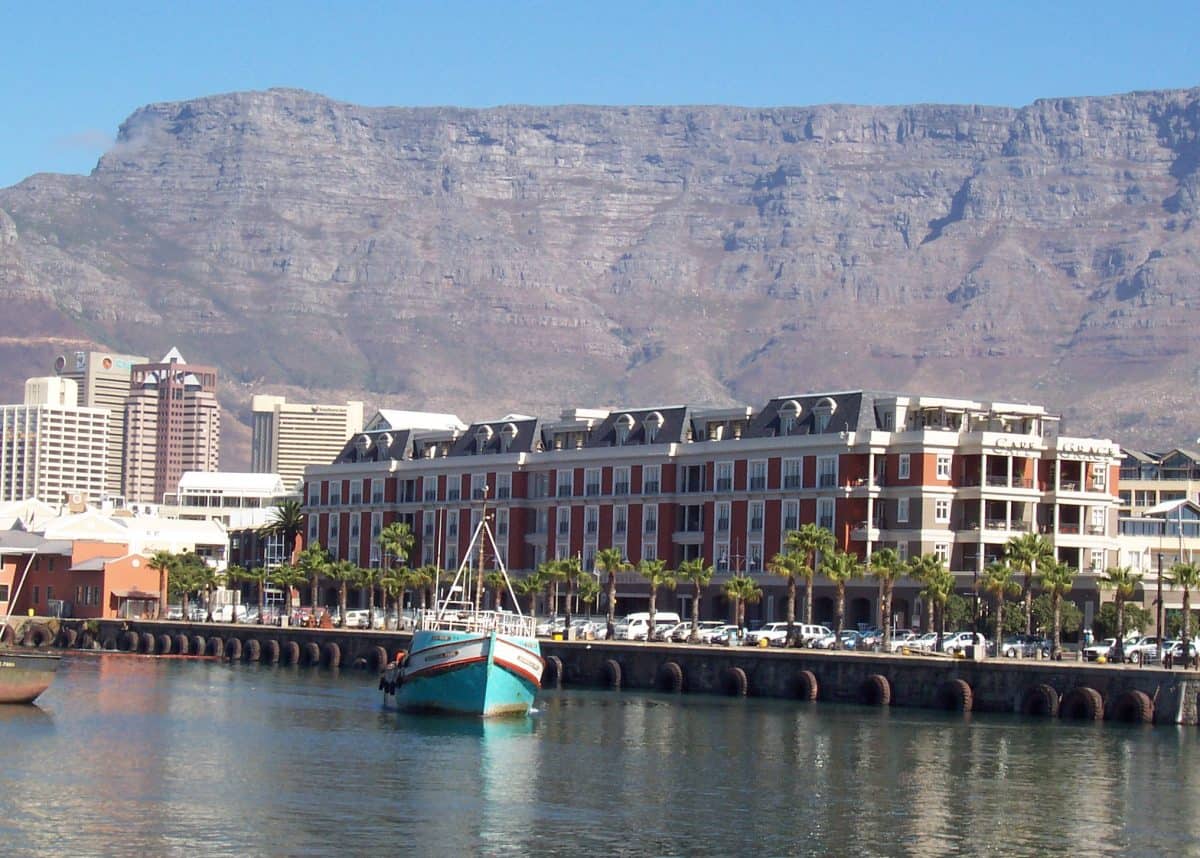Foreign Investors Are Disposing Off South African Stocks

Figures from Johannesburg stock exchange operator JSE Ltd show that foreign investors ditched South African assets at the fastest rate in two years last week. Offshore investors were the net seller of ZAR 10.7 Bn of the country’s equities in five days to October 4th. That was the heaviest week of outflows since September 2017.
South African stocks fell 5.8 percent in the three months to the end of September, their worst third-quarter performance since 2011.
Prolonged trade war and a weak economy have had huge negative effects on South African equities. Business confidence in the Southern African country also has been greatly affected by the ailing economy.
The crippling financial and operational situation of state-owned enterprises like Eskom, SABC, SAA has continued to pose a huge threat to South Africa’s economic prospects given that it is hurting the fiscus. The loss-making state-owned enterprises (SOEs) who have been given numerous bailouts by government and which continue to have ripple effects in the country’s economy.
The economic crisis currently experienced in South Africa has been attributed to economic mismanagement shaped by the looting of state-owned enterprises, a scenario which has seen investor confidence remain low.
Economists have cautioned that investor confidence will begin to be restored, recovery restarted and rating downgrades reversed once the SOEs are dealt with.
The unemployment rate in the country known to Africa’s most industrialized rose to 11-year high with the most affected sectors being mining, construction, and banking which saw many people being laid off, a scenario which depicted little or no prospects for the economy’s growth.
Also, the initial trust that President Cyril Ramaphosa would revive the economy has declined, leaving South Africa’s business community as well as investors less optimistic.
“The high level of optimism that existed immediately after the election of President Ramaphosa, is being affected by indications that the ruling party is divided on policy, political and factional lines,” South African Chamber of Commerce and Industry said in a statement earlier.
Not forgetting the recent Xenophobic attacks in South Africa which left scores of foreign-owned shops looted and torched.
South Africa just like other economies in the continent rely on foreign direct investment to support and expand their economies, the recent wave of attacks, however, led to low investor confidence since the situation chased some investors.
Featured Image Courtesy: Photo: Die Engel / Flickr